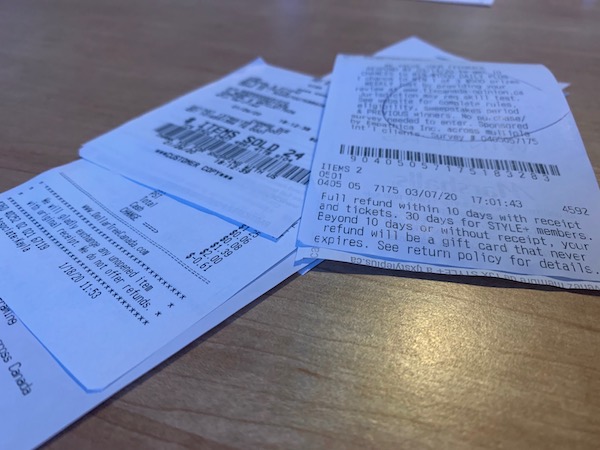Businesses in Prince Albert and area continue to drown in unanswered questions arising from the COVID-19 pandemic. The voice of local businesses, however, is taking those questions and seeking answers from the federal and provincial governments.
According to CEO Elise Hildebrandt, the Prince Albert and District Chamber of Commerce was invited on Friday to listen in on daily conference calls with the federal government.
The conference calls are with Frances McRae, assistant deputy minister of Small Business and Marketplace Services with Innovation, Science and Economic Development Canada.
Hildebrandt began joining the conference calls on Tuesday, allowing her to relay resources back to the local business community through the COVID-19 page on the Chamber’s website.
“They said as of (Wednesday) there’s just over 900 people who are signing in,” she said.
“They review lots and lots of different things.”
On Wednesday, for example, she said there was lots of talk about the Work-Sharing program, which allows employees to work reduced hours in order to prevent layoffs.
Hildebrandt also shared a link on the Chamber’s website for liquor stores interested in making hand sanitizer.
“I have not had the opportunity to voice any of our questions, but a lot of the same questions are being asked. A lot of the same concerns are being put forward. They are actively working to find answers and solutions,” she said.
Topics still up in the air include commercial leases and insurance.
Although deferring mortgage payments is allowed for those needing financial support, many businesses are still having to pay leases through a landlord. Even having purchased business interruption insurance, many clauses aren’t allowing payouts for COVID-19.
Hildebrandt said concerns surrounding non-profits were somewhat relieved by a wage subsidy for those organizations.
“A lot of our self-employed businesses are still feeling very stressed. The EI (Employment Insurance) measures that they put in continue to help those that are employees, but not the employer.”
On Tuesday, the Government of Saskatchewan announced it’s assembled a Business Response Team to work with businesses suffering from the pandemic. Led by the Ministry of Export and Development, the team has an email and toll-free phone number to provide a single contact to answer questions.
“(It’s) very appreciated by our business community for sure to give that ability to call in,” said Hildebrandt. “I think that’s a good move.”
But there’s more, she said, that could be done to relieve the uncertainty weighing on Saskatchewan companies.
Hildebrandt suggested the provincial government also provide a daily conference call.
“What I’m seeing happening from the federal (government), provincially, we could probably take a couple of lessons from it to ask those questions. Because some of the questions I’m getting from our business owners, they can’t be answered federally.”
One of those questions looks ahead to when the COVID-19 pandemic is over.
How will private business owners get the extra money to make their regular payments on top of the deferrals? Thats a question Hildebrandt said she’s getting a lot.
“We all know that the light switch of money is not just going to come flowing through,” she said.
“The other concern that I’m getting phone calls for is from our own city about our own city. What do we do about the property taxes? I mean if all of us are facing that everything is lower right now because we can’t go out and do everything that we’ve always done, how do we pay the property taxes if no money is coming in?”
Hildebrandt said businesses should continue putting these questions forward.
“We are bringing them up,” she said, adding she’s also taking part in calls with the Canadian and Saskatchewan Chambers multiple times a week. The local chamber is working on setting up its own conference call to better work together with businesses.
Victoria Hospital Foundation CEO Sherry Buckler worries that in times of financial stress, people won’t be able to donate to quality health care.
“If no donations are being made, it’s very possible that that charity will suffer, and how much will it suffer? We don’t know,” she said, adding it depends on the charity’s longterm strategy and financial stability.
She said the VHF will be financially stable for “quite a long time,” but nobody knows exactly how long the pandemic will last.
“That could change,” she said.
When it’s all over, she explained, is likely when the hospital will need them the most.
“It is our intention though, as the home charity that supports the home hospital, that we survive this pandemic.”


